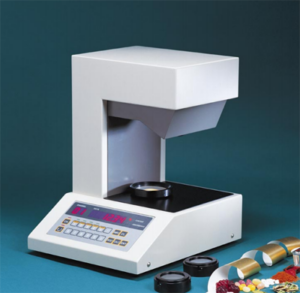Polymer quality control: Real-time near infrared testing cuts cost up to 90%
by Dell Williams, Kett U.S.
In manufacturing rubber, plastics, elastomers and adhesives, it is critical to monitor polymerization processes for quality and cost at every production stage, from material receipt through final inspection. Polymers have a range of characteristics and can be constituted into forms such as sheets, films, foams, filaments, powders and PET bottles. Whether polymerization is bulk, solution, suspension or emulsion, gathering essential data can help to prevent costly quality issues. Otherwise, internal production failures can require rework or scrap; and external failures can lead to warranty claims, recalls and even potential liability. Globalization has further put an emphasis on cost cutting to compete on price or quality and performance that meets very tight specifications. Either way, measuring key production parameters effectively and efficiently is crucial to the success of the process.
While traditional testing is critical in determining polymerization factors, from simple moisture content to complete chemical analysis, it is time consuming, labor intensive, and has substantial ongoing costs in terms of the purchase and disposal of consumables such as reagents and chemicals. Conventionally, it requires sample preparation, and can take five to 15 minutes for moisture testing, and 24 to 48 hours for more complex chemical testing. Fortunately, an approach using near infrared (NIR) spectroscopy can now provide immediate, real time laboratory quality readings via a non-contact, secondary measurement method that can deliver moisture, composition analysis and even full spectrum readings for a fraction of the running cost of conventional methods.

